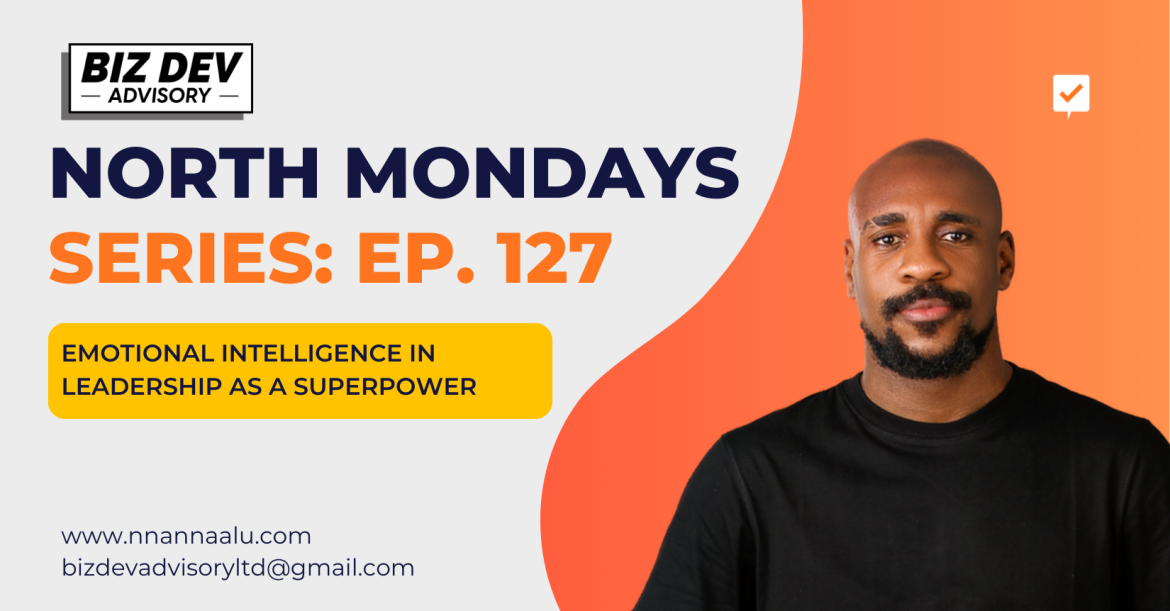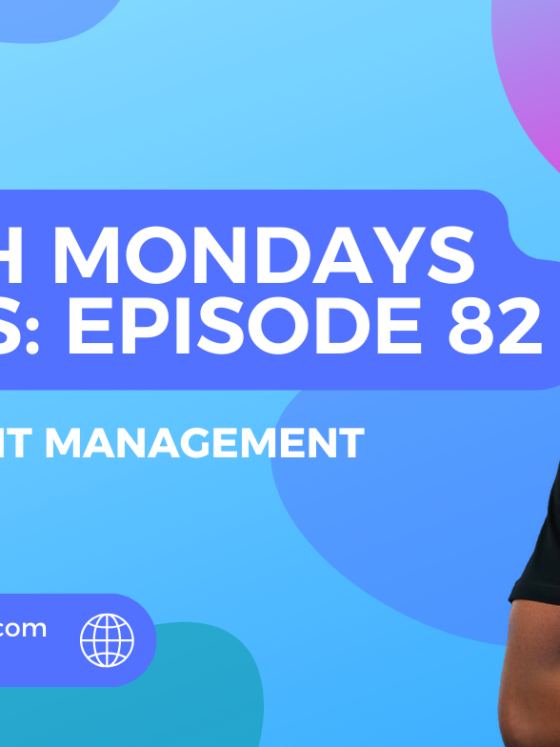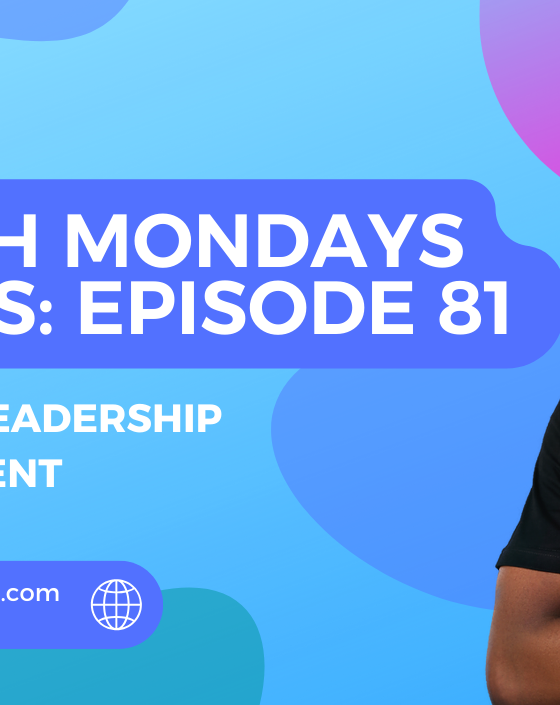Emotional Intelligence in Leadership as a Superpower
North Mondays Series: Episode 127

At his keynote, Dr. Abiola Salami, Founder of The Peak Performer (TPP) Africa and Convener of EMERGE, put it plainly:
“You can learn to code, but you must also master emotional intelligence (EI) and human connection.”
That moment captured a truth leaders often overlook: in a world saturated with tech, performance metrics, and tools, the heart of leadership is still deeply human.
When your team knows you see them, hear them, and understand what they feel—fear, hope, frustration—they don’t just work; they follow.
That’s why more executive training programs are focusing on emotional intelligence in leadership because no matter how advanced your strategy is, you cannot execute it without people.
Why Emotional Intelligence in Leadership Matters
When leaders build emotional intelligence, the ripple effects show up everywhere:
- Better decisions – less panic, more clarity under pressure.
- Stronger communication – words that actually land.
- Trust and loyalty – teams stick where they feel understood.
- Conflict management – disagreements handled without breaking relationships.
- Resilience – the ability to bounce back and carry others along.
Sure, research backs it. But more than the stats, think of the people you’ve followed in your own life. Did you stay because of their job title or because of how they made you feel?
Example: Research from Harvard Business Review shows that nearly 90% of top-performing leaders score high on emotional intelligence.
Ask yourself: Are you leading with authority alone, or with both authority and empathy?
The Challenge: Self-Awareness and Regulation
Being emotionally intelligent doesn’t mean always being perfectly calm or kind. It means noticing first, then choosing how to respond. Many leaders don’t realize how their tone shifts under stress.
The real challenge isn’t learning to “manage others.” It’s managing yourself.
- Do you notice your own moods before they spill into your words?
- Do you pause before reacting, or does frustration beat you to it?
- Are there blind spots your team sees that you don’t?
Self-awareness and regulation. Those are the two hardest, most necessary muscles to build. Without them, authority becomes brittle. With them, authority becomes influence.
For example: A CEO who explodes in meetings creates fear, not performance. A team lead who listens, pauses, and responds with clarity earns respect. Which one are you becoming?
The Trend: EI-Focused Executive Training
Thankfully, companies now recognize that technical skills alone do not produce great leaders. They are investing in EI-focused executive training to build people who can lead with both strategy and self-mastery.
These programs emphasize:
- Self-awareness exercises: Reflection journals, 360-degree feedback, and coaching.
- Regulation practices: Mindfulness, stress management, and controlled response training.
- Empathy training: Role-playing scenarios that build perspective-taking.
- Real-world application: Using EI tools in negotiations, presentations, and crisis management.
Some companies are even measuring EI in promotion decisions. They’ve realised that leaders without emotional intelligence create toxic cultures while those who practice it build spaces people want to stay in.
Question: If your company evaluated you today on emotional intelligence, would you pass?
Key Takeaways
- Emotional intelligence in leadership is not optional. It drives trust, resilience, and business results.
- Self-awareness and regulation are the foundation. Without them, influence weakens.
- Executive training is moving toward EI-focused programs to develop stronger, people-centered leaders.
- Leaders who master EI are remembered not for their titles but for how they made people feel.
North Mondays Action Plan
Here’s how you can begin strengthening your emotional intelligence this week:
- Audit your leadership style
- Ask three colleagues for honest feedback: “How do I act under pressure?”
- Compare what they see with what you believe about yourself.
- Track your triggers
- Write down moments when you reacted strongly in the last week.
- Note what caused it and how you responded.
- Practice regulation
- When emotions rise, pause for 10 seconds before speaking.
- Use breathing exercises to reset before critical meetings.
- Build empathy
- In your next team meeting, spend five minutes asking, “What’s one challenge you’re facing outside of work?”
- Listen without interrupting.
- Invest in training
- Take an online EI assessment or join an executive program that emphasizes emotional intelligence.
- Apply in real time
- Choose one conversation this week to practice active listening: no interruptions, no assumptions, just understanding.
Final Reflection
Leadership today is less about control and more about connection. Emotional intelligence in leadership is the superpower that makes strategy stick and culture thrive.
You already have the capacity for it. The question is; are you willing to build it, practice it, and make it part of how you lead every day?









Recent Comments